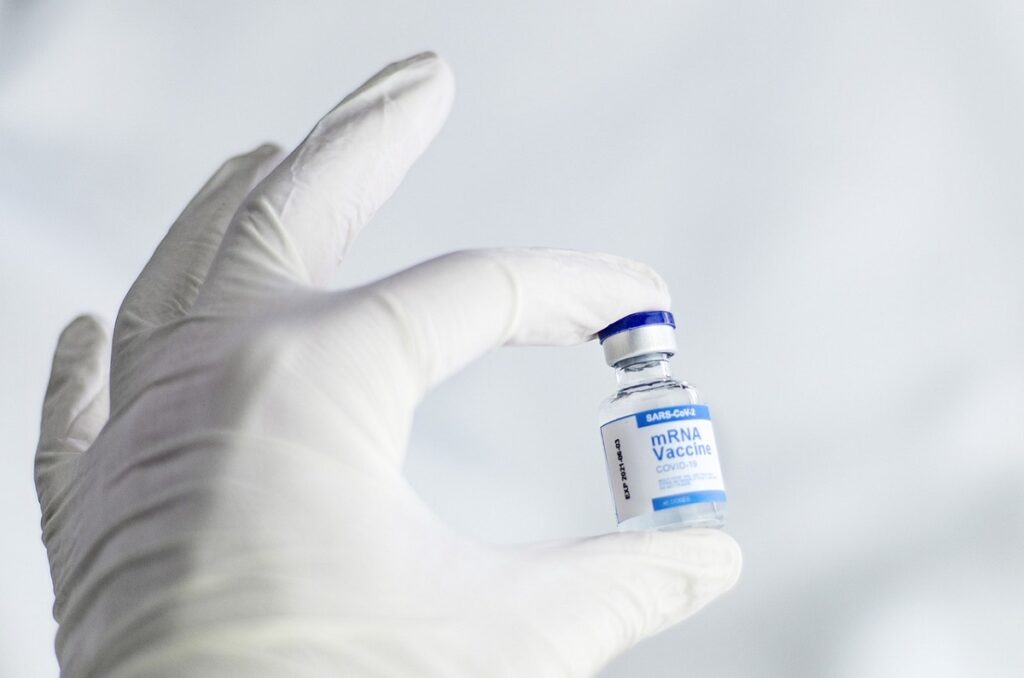The Centers for Disease Control and Prevention (CDC) said updated COVID-19 booster vaccines have improved Americans’ resistance against severe COVID, lowering the probability of hospitalization by around 50%. This is in comparison to some individuals who received only the initial immunizations.
Back in September, the CDC advised using bivalent mRNA COVID-19 booster vaccinations with an Omicron BA.4/BA.5 sublineage component.
Still, despite efforts from federal healthcare officials, “fewer than a fifth of American adults and only a third of people ages 65 and older have received updated shots,” reports The New York Times.
According to the CDC, over time, the monovalent COVID-19 mRNA vaccine-induced immunity declines. To improve protection, the CDC says all eligible individuals should receive a bivalent COVID-19 mRNA booster shot. However, not much is known about how successful it is at preventing COVID-19 hospitalization.
The CDC adds the study showed bivalent booster dose offered 73% more protection against COVID-19 hospitalization among immunocompetent persons hospitalized in the multistate IVY Network than a previous monovalent mRNA vaccine alone did.
All eligible people, especially individuals over 65 years old, should obtain a bivalent booster shot and consider other preventive measures, such as wearing masks in indoor public settings, to ensure they are as protected as possible from severe COVID-19 this winter.
According to The New York Times, new COVID strains can “dodge the immune system,” which results in a higher number of cases and hospitalizations. Over the past few weeks, the COVID death toll in the U.S. has climbed to 375 persons daily, marking a 50% increase.
While countermeasures like masking are becoming far less common, health officials still urge testing and mask usage in some situations. For those affected, getting antiviral treatment for COVID is still challenging.
“We probably won’t see waves of COVID like we have in the past, which is a good thing, but it doesn’t mean people aren’t still dying and that those lives couldn’t still be saved if we got more shots in arms,” said Dr. David Dowdy, an epidemiologist at the Johns Hopkins Bloomberg School of Public Health.





